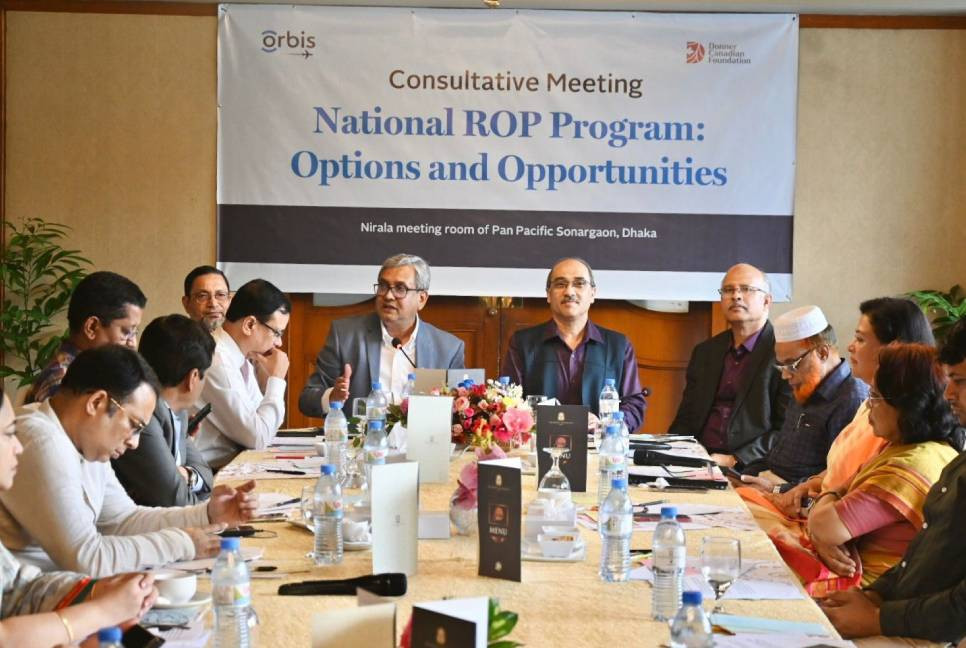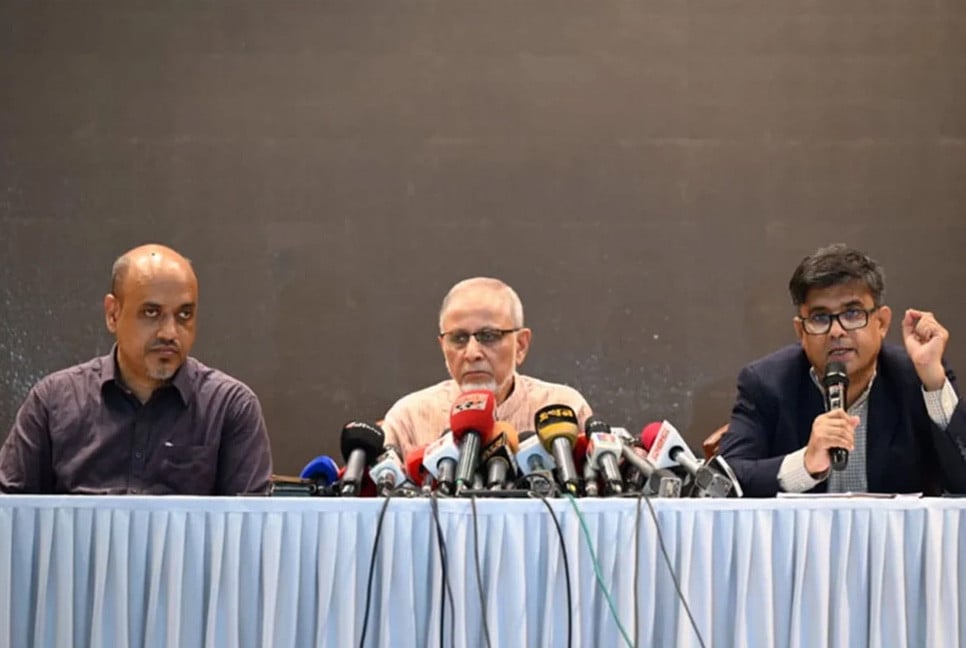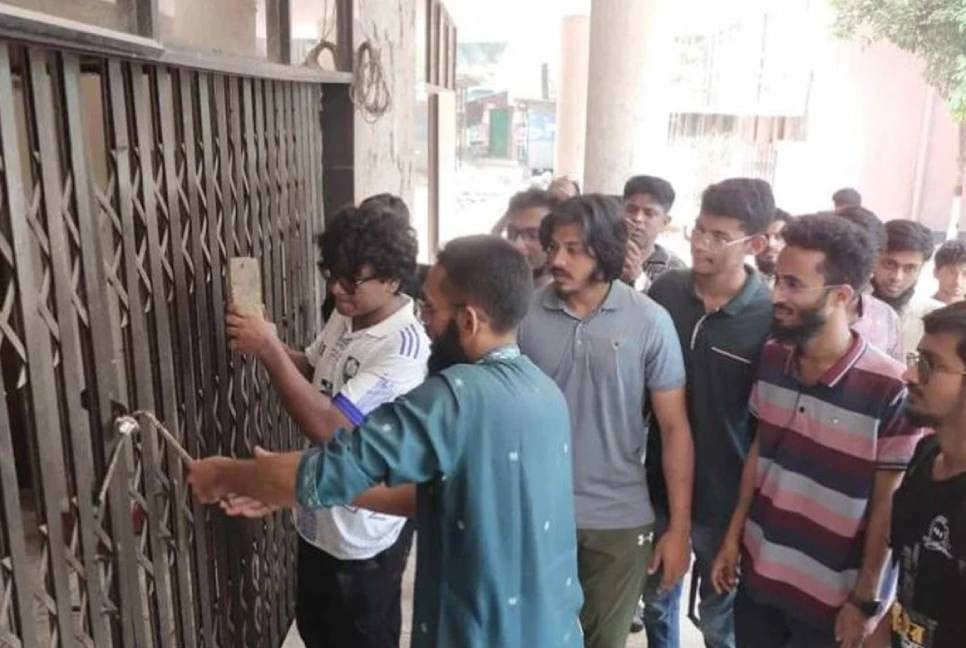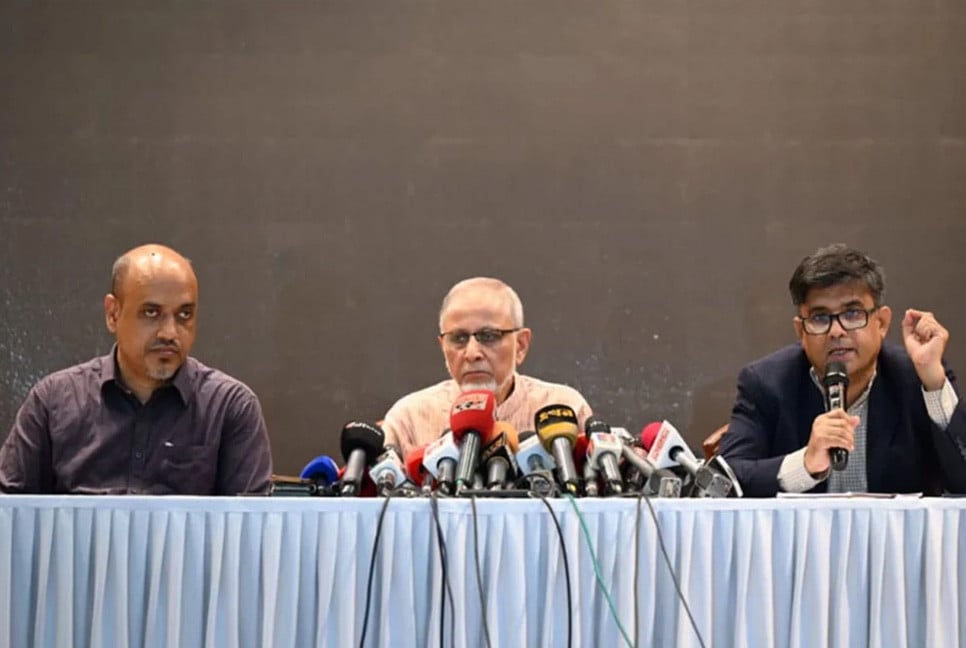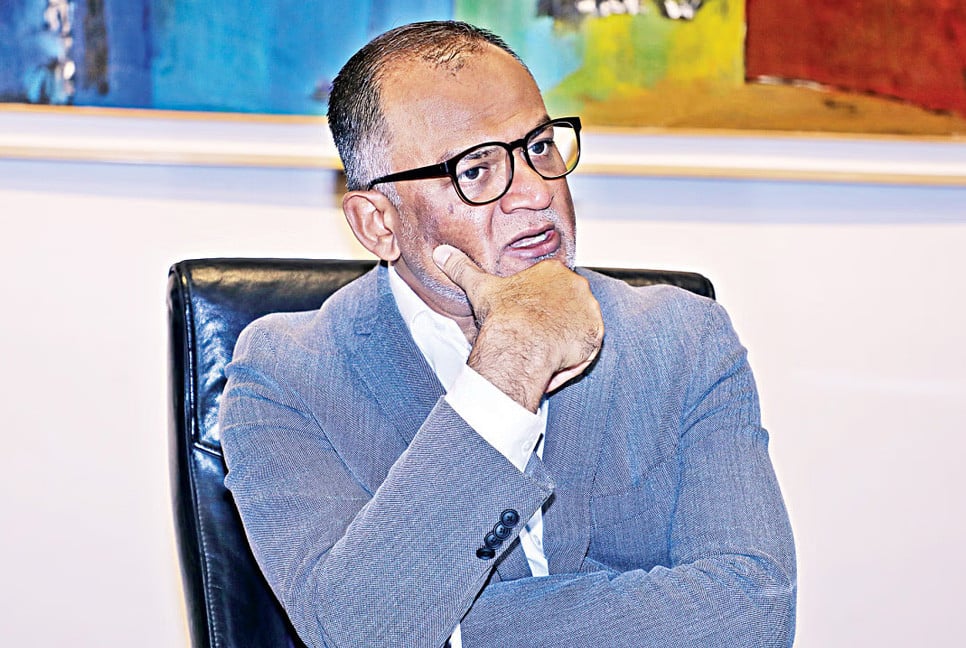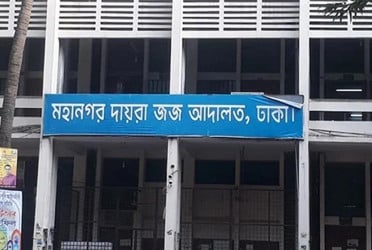Bangladesh risks an increase in the number of people with blindness unless it effectively addresses retinopathy of prematurity (ROP), an emerging cause of irreversible childhood blindness, said a media release.
Prof Dr AHM Enayet Hussain, Bangladesh Chapter Chair of the International Agency for the Prevention of Blindness (IAPB) and President of the Ophthalmological Society of Bangladesh issued the warning at a consultative meeting in the capital on Sunday.
He said that annually 400 children would be added to the people with blindness if the country fails to prevent ROP-caused vision loss.
ROP is an eye disease that can happen in babies who are born premature – before 35 weeks’ gestational period – or who weigh less than 2 kilograms at birth.
According to the UN, more than three million children are born every year in Bangladesh, of them 12.5 per cent or around 400,000, are born premature.
Laying emphasis on prevention to fight ROP, Prof Enayet said, “We need to give more attention to the prevention of premature delivery. If we can prevent premature delivery and take timely measures for premature babies, we will succeed in the prevention of ROP.”
He said the eight RetCams, a modern digital imaging system for screening of ROP, available at different tertiary hospitals have to be fully utilised in the fight against ROP.
Speaking at the meeting titled “National ROP Program: Options and Opportunities” organised by Orbis International, Prof Mohammod Shahidullah, President of Bangladesh College of Physicians & Surgeons (BCPS), said Bangladesh had made tremendous progress in ROP management, but still the screening coverage is low here for lack of trained human resources.
He suggested imparting training to nurses to make them capable of ROP screening to enhance its coverage. “Why we’ll be depending on ophthalmologists for ROP screening. Doctors and nurses trained on the matter can perform it,” he said.
Prof Dr Khair Ahmed Choudhury, Director of the National Institute of Ophthalmology and Hospital (NIO&H) said that had necessary human resources in eye health been created, ROP services could have been decentralised.
Dr Nuzhat Choudhury, a professor at the Vitreo Retina Department of BSMMU, said most premature babies are not timely referred from hospitals to equipped tertiary eye hospitals.
Dr Munir Ahmed, Country Director of Orbis International, said obstetricians and neonatologists have to adequately warn the parents that skipping their preterm babies’ eye screening might result in the loss of their vision.
If not detected and treated timely, ROP can quickly progress to the blinding stage. Timely screening – within 20-30 days of birth – and treatment in the early stage of ROP can prevent childhood blindness due to ROP.
bd-pratidin/GR

